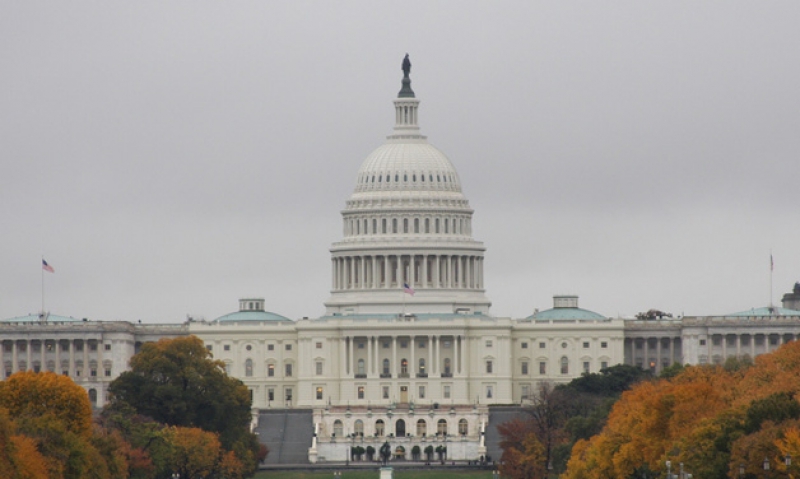
National Commander Clarence Hill says he is pleased VA has acknowledged herbicide Agent Orange as a culprit in three more illnesses plaguing Vietnam vets: Parkinson’s disease, hairy cell leukemia and ischemic heart disease.
American Legion National Commander Clarence E. Hill says he is pleased that VA has acknowledged herbicide Agent Orange as a culprit in three more illnesses plaguing Vietnam veterans. VA’s Oct. 13 decision was in response to the latest in a series of “Veterans and Agent Orange” reports from the Institute of Medicine (IOM).
“The VA’s establishment of exposure to Agent Orange as a contributor to hairy cell leukemia (HCL) – a rare form of cancer – Parkinson’s disease and ischemic heart disease (IHD) is perhaps overdue, but welcome,” Hill said. “It means many more Vietnam veterans will be afforded the VA health care and benefits they deserve. I offer sincere thanks to Secretary of Veterans Affairs Eric Shinseki for this action. As a Vietnam veteran himself, I am sure Gen. Shinseki’s interest in this matter was intense and personal.”
Agent Orange was an herbicide used during the Vietnam War to defoliate heavily forested areas that concealed enemy troops. More than 21 million gallons of the highly toxic chemical are estimated to have been sprayed over rural South Vietnam from 1962 to 1971. Its poisonous effects were not restricted to vegetation, as intended, but sickened and killed humans as well.
American troops exposed to Agent Orange began to show various symptoms of illness early on, but the connection between military service and defoliant-caused disease was not officially established. The American Legion played a significant role in lobbying VA to recognize the cause-effect relationship between Agent Orange and certain maladies.
HCL, IHD and Parkinson’s disease will join a long list of illnesses thought to plague Vietnam veterans who came into contact with Agent Orange.
“While we are happy with the announcement, we will continue to work with medical experts to explore connections between Agent Orange and respiratory disorders such as asthma, pleurisy, pneumonia and tuberculosis, as well as gastrointestinal diseases, liver toxicity, thyroid disease, homeostasis, endometriosis and others,” Hill said. “We will also be anxiously awaiting VA’s long overdue official decision on the suspected connection between herbicides and hypertension – the harbinger of so many other serious disorders.
“It should be remembered that Agent Orange exposure was not limited to just ‘boots on the ground’ in-country,” Hill continued. “Veterans exposed to Agent Orange included blue-water Navy sailors, among others. They, too, deserve the care and benefits to be afforded other victims.
“There are 900,000 Vietnam era veterans in Legion ranks alone, so we have a huge stake in this,” Hill said.
- Veterans Benefits

